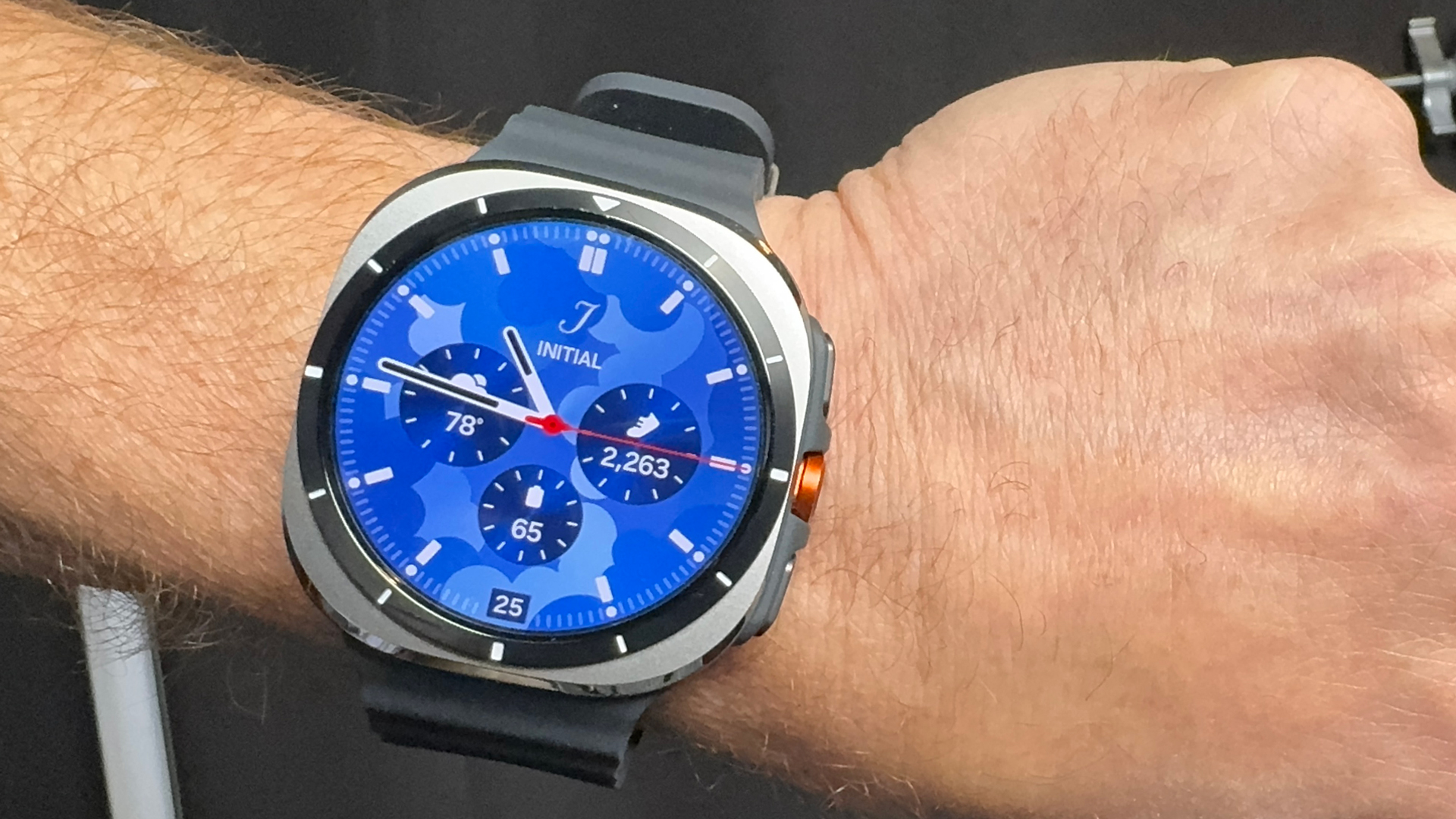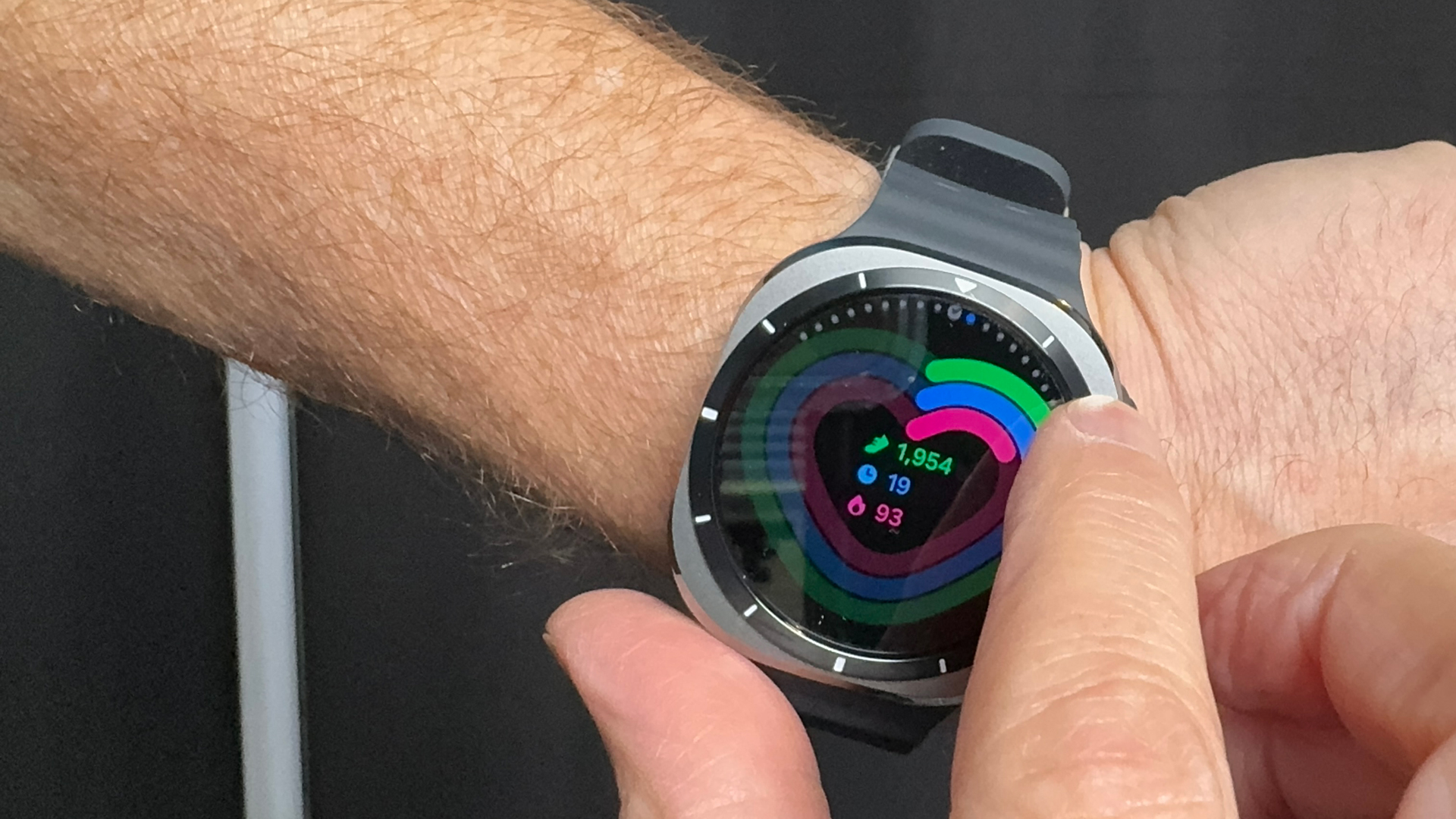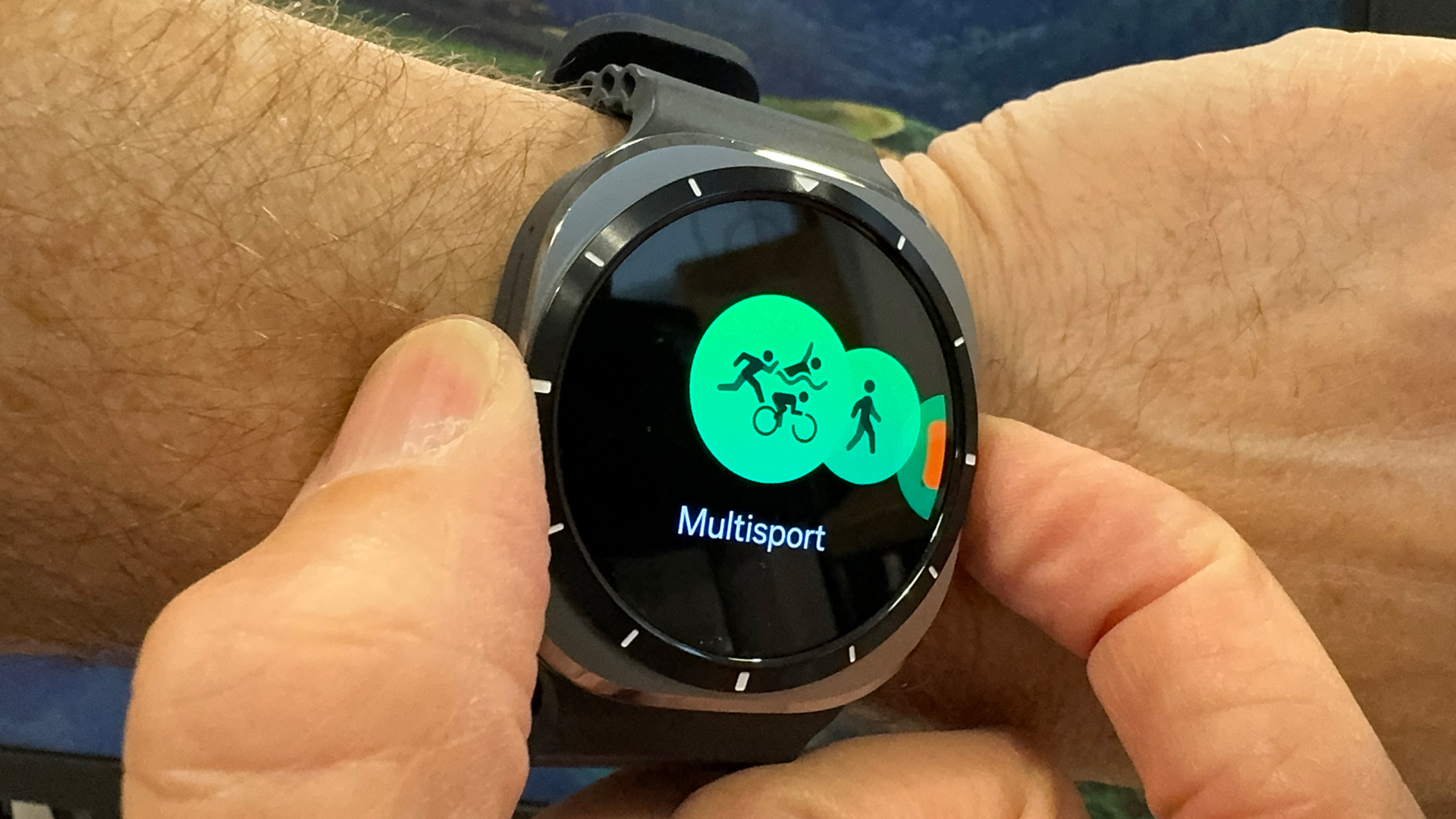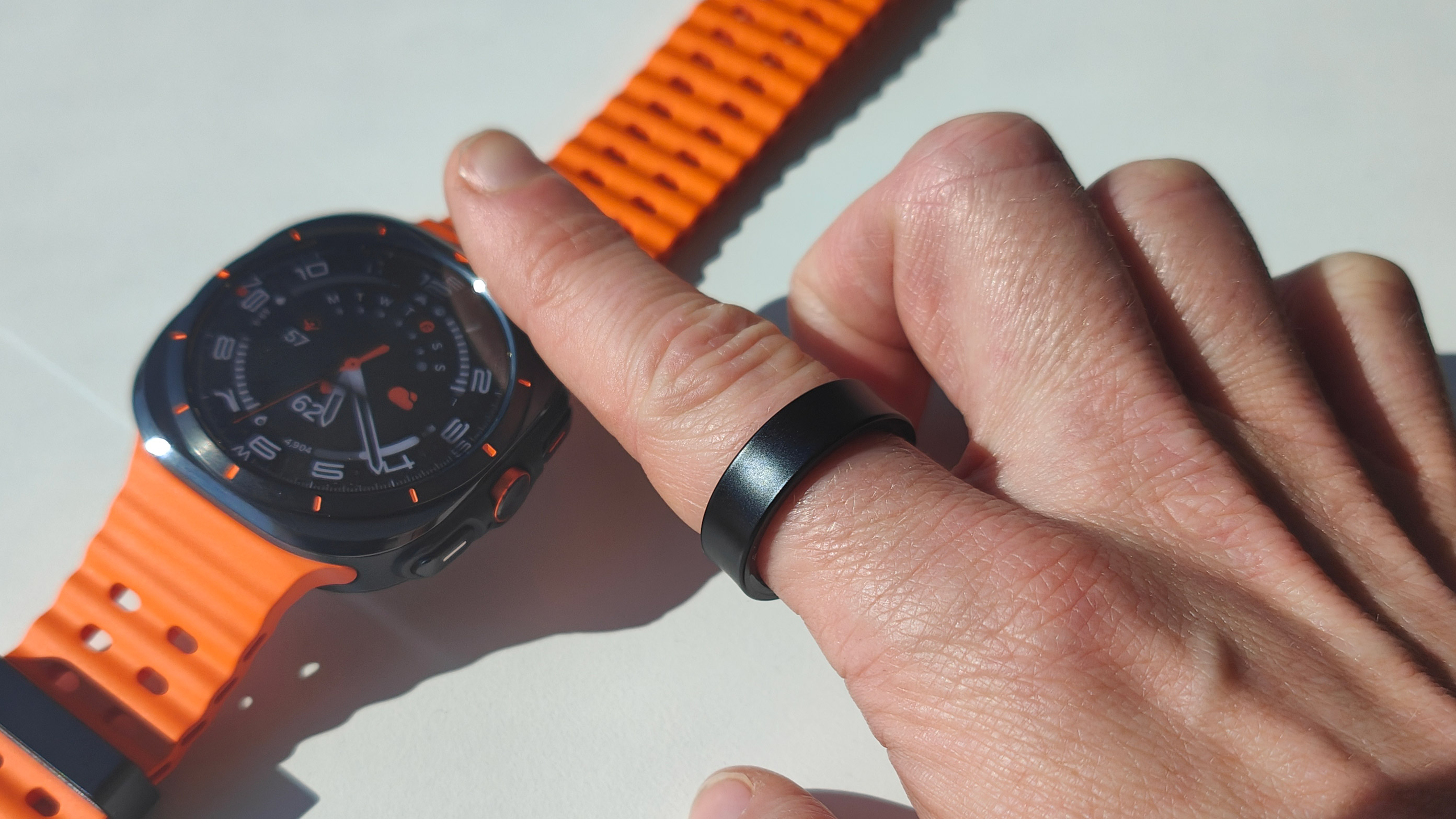The next Galaxy Watch will read antioxidant levels, give you useful bedtime guidance, and become the running coach you always wanted
Major health updates are on the way

All the health information we get from our wearables can feel nice to have or, worse, confusing. It rarely feels actionable. However, several major updates coming to the Samsung Galaxy Watch lineup could change how we view all this sensor-driven health intelligence, make the advice useful, and, most importantly, personal.
When I last spoke to Samsung's Dr. Hon Pak, he told me that Samsung was working on a "goal-based experience" as it relates to Samsung Health, which Dr. Pak, a trained dermatologist, runs.
Now, it appears that Samsung is achieving that goal with a collection of updates that impact, run training, sleep, toxins, and more.
Better sleep

Your Galaxy Watch and Samsung Galaxy S25 Ultra, for instance, are already helping you keep track of things like sleep and even how ready you are for the day with an "Energy Score,' which mostly relates to the quality of sleep and how prepared you are for your day. However, a new Bedtime Guidance feature will help you craft a better sleeping experience. Dr. Pak told me it's designed to help shift workers who have unreliable schedules and want to "bring regularity back to their sleeping patterns".
The setting looks at circadian rhythms and accumulating sleep debt (not getting enough sleep over a series of days, which tends to build up a deficit). The system learns over three days and nights and then presents a score, but more importantly, gives you recommendations for bedtime. So instead of a bedtime setting that's set once and forgotten, the system is analyzing you and your sleep needs and providing variable bedtimes.
Run coach

The second and most personalized health and fitness update is Running Coach. Like Bedtime Guidance, it uses a training activity to learn about your current skills and needs – in this case, using a 12-minute run (or walk, whatever, you can do). You start by telling the feature your running goals, say, a 5K in two months or a marathon before the end of the year.
"We want to give them a training program specifically designed for them," Dr. Pak told me, "Because what we're finding is that people either push themselves too much and get injured or they underpush and never get to the goals."
Sign up for breaking news, reviews, opinion, top tech deals, and more.
Samsung is working with sports medicine experts at various universities for guidance on what training to provide based on the 12-minute run results, which produce a score between 0 (non-runners) and 10 (marathoners), and the goal.
"It isn't just, 'Hey, go do these programs.' This is, as you're doing those programs, we're guiding you actively and saying that you need to push yourself a little further, or you need to step back a little bit," explained Dr. Pak.
Heart health
While Vascular Load doesn't provide as much personal guidance, it can provide, after three nights of sensing, a baseline about your cardiovascular and heart health. It also tracks trends as to whether the stress on your cardiovascular system is going up or down. Since it's continuously monitoring during sleep, you get the baseline and long-term trends that you can perhaps act on.
Finally, and as rumors have suggested, Samsung Galaxy Watch will add a sensor to look at your Antioxidant Index, an approximation of the levels of beneficial antioxidants in your diet. The LED sensor measures carotenoids, which is a form of beta-carotene: a powerful antioxidant. From this measurement, you get a number from 1-100.
"Using LED lights, we're able to test the adequacy of beta-keratin and, as a substitute, antioxidants, in your system," said Dr. Pak.
Instead of building a new sensor, Samsung took the BioActive Sensor it added to its Galaxy Watch last year and is now taking advantage of the additional LED sensors (especially certain wavelengths). This means antioxidant measurements will carry through last year's and this year's Galaxy Watch models.
Samsung let me quickly test drive the new Antioxidant Index by placing my finger on the back of a Samsung Galaxy Watch Ultra. It only took a few seconds for my score, 52, to appear on the paired Samsung Galaxy S25 Ultra. From what I've been told, that's an average rating, so I feel pretty good about my antioxidant level.
Getting the score

It's been a year since Samsung launched its Energy Score and the Galaxy Ring, and I was curious what they've learned so far.
Dr. Pak told me that since Energy Scores' introduction, Samsung Health's weekly average users have gone up considerably. "I think people are very motivated and encouraged to come see their energy score; there's something about, as they get up, not only how do they sleep, but what should they do? It's the one new feature that looks forward and helps you plan for that day."
As for how the Galaxy Ring has been embraced, Dr. Pak told me people like the form factor, "and the simplicity of not having a screen, and just wear it and forget it because of the long battery life." He added that predominant use cases thus far have been for sleep and women's health (cycle tracking).
We also talked about wearable form factors and if there's a space between the screenless Galaxy Ring and the beefy Galaxy Watch Ultra. Dr. Pak reminded me of the low-profile Galaxy Fit 3 band but added, "Clearly, I agree that there's something, that the need is still there, that these two are not." Then he added, "So you'll see the newest watches that are very comfortable. You'll be surprised."
You might also like

A 38-year industry veteran and award-winning journalist, Lance has covered technology since PCs were the size of suitcases and “on line” meant “waiting.” He’s a former Lifewire Editor-in-Chief, Mashable Editor-in-Chief, and, before that, Editor in Chief of PCMag.com and Senior Vice President of Content for Ziff Davis, Inc. He also wrote a popular, weekly tech column for Medium called The Upgrade.
Lance Ulanoff makes frequent appearances on national, international, and local news programs including Live with Kelly and Mark, the Today Show, Good Morning America, CNBC, CNN, and the BBC.
You must confirm your public display name before commenting
Please logout and then login again, you will then be prompted to enter your display name.